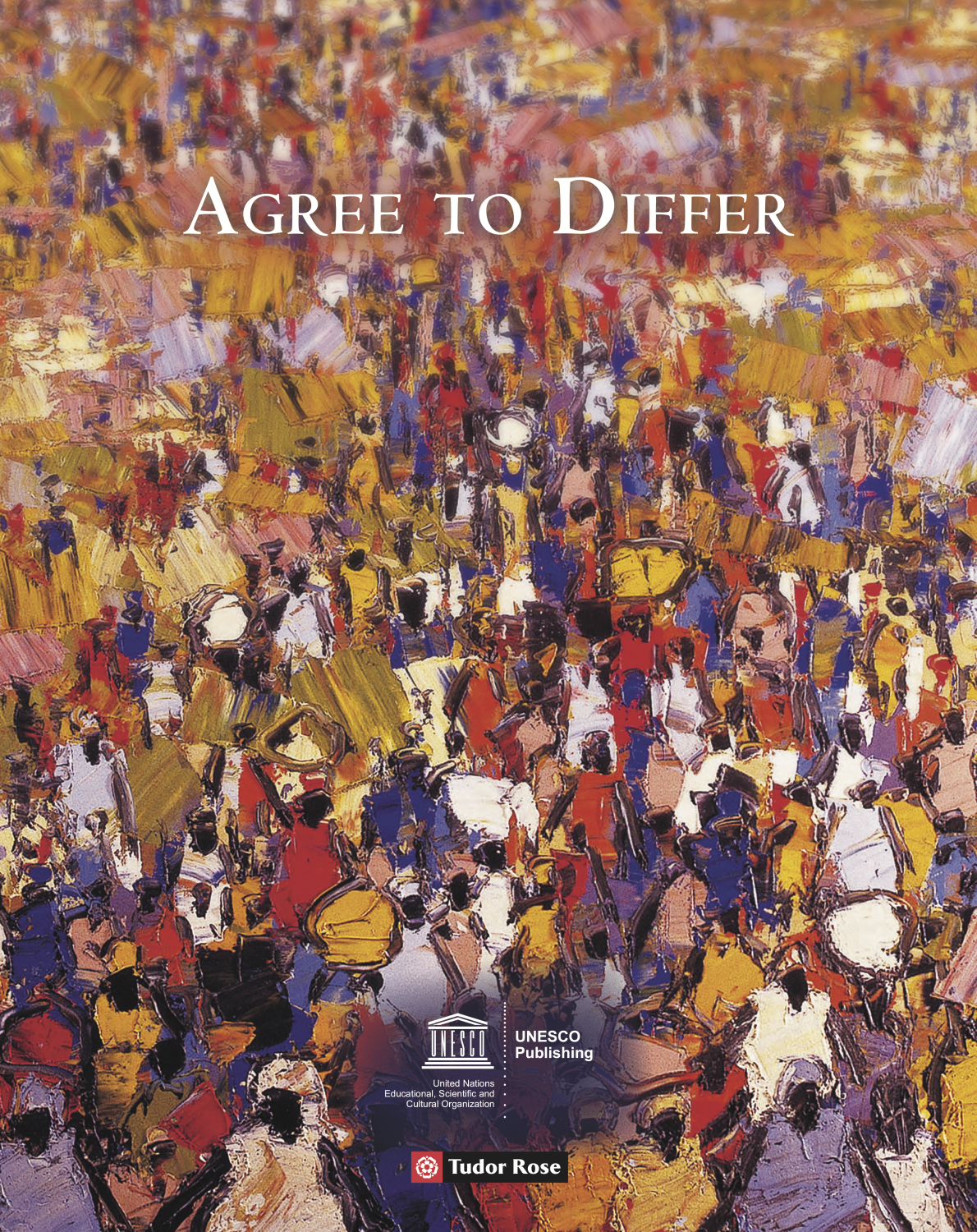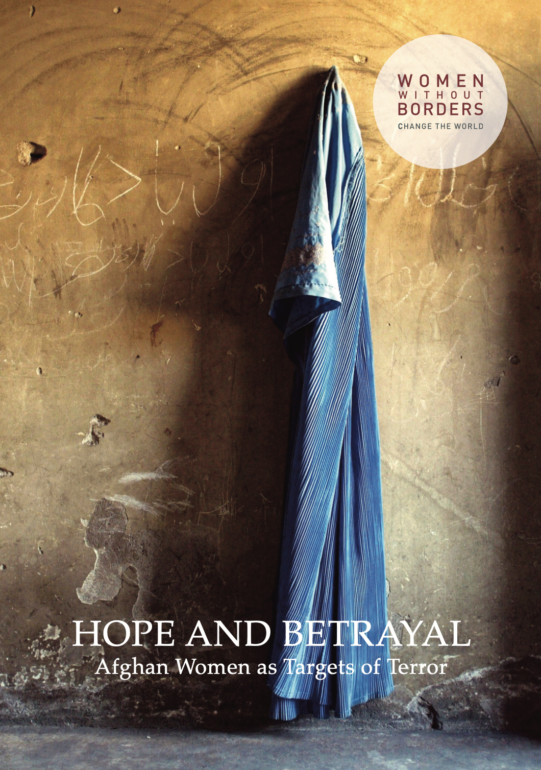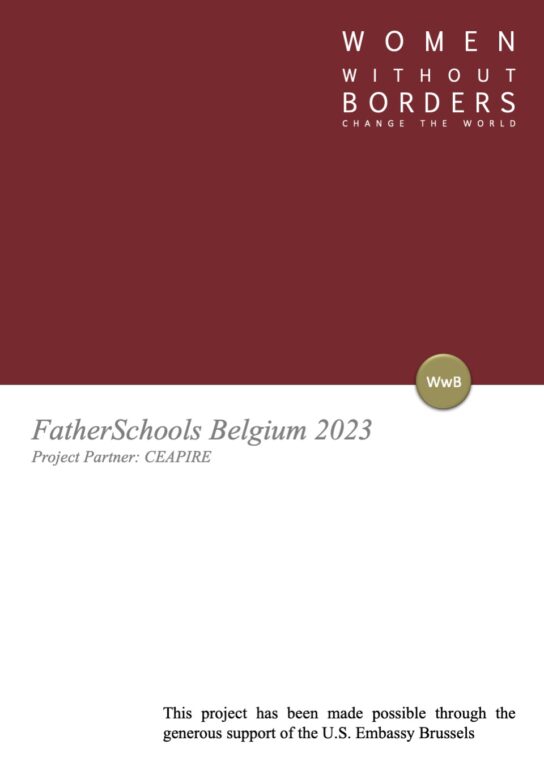While Rwandan women played a major role in rebuilding their country after the genocide in 1994, the youth faced the responsibility of upholding the stability and peace that marked the following decade. As a response, Women without Borders (WwB) developed the ‘Fit for Leadership!’ project, which brought together 160 girls between the ages of 14 to 18 for a year-long ‘Girls Parliament’ workshop in Kigali. This empowerment training was implemented jointly with its local partner, the Forum of African Women Educationalists (FAWE).
After the Rwandan genocide of 1994, women made up an estimated seventy per cent of the population, and two-thirds of active adults between the ages of 20 and 45 were female. These figures dropped only marginally when almost one million refugees eventually returned in an attempt to rebuild their lives and society. Recognising that reconstruction would not be possible without women, the transitional government worked gender equality into its national reconstruction strategy. A decade after the genocide, Women without Borders (WwB) began to support efforts to prepare the next generation of female leaders in order to avoid a potential roll-back of the impressive female empowerment momentum that had been built up.
In partnership with the head of the Women’s Parliamentary Group in Kigali, Connie Bwiza Sekamana, and with the support of the Austrian Ministry for Social Affairs, WwB designed the ‘Fit for Leadership!’ model following an in-depth fact-finding mission. The programme sought to prepare girls between the ages of 14 and 18 for management and leadership roles, and to encourage the new generation to build a culture of peace and understanding.
The initial phase of the project included the development of the ‘Be what you want to be!’ handbook, which was aimed at empowering girls to determine their own roles and identify their talents to effect positive change in the future. This curriculum focused on honing skills like leadership, gender awareness, public life, personal strengths, and communication strategies. The handbook’s applied leadership component was co-developed by students who participated in regular ‘Fit for Leadership!’ workshops.
Ahead of the workshops, FAWE selected eight prospective mentors, who were subsequently trained by WwB. The students had been personally affected by the genocide and were now mentoring younger school pupils on a voluntary basis. In June 2005, the ‘Fit for Leadership!’ workshops were inaugurated by the partnering school’s headmaster Josef Rwagatare and the FAWE coordinator Odette Mutangua Mukazi. While 160 girls participated, most of the school came to observe the activities. Eight groups of 20 girls took part in the programme and went through the entire ‘Be what you want to be!’ curriculum.
Participants worked in small groups and mimicked ministries. After being assigned political positions (minister, deputy, cabinet chief, spokesperson, etc.), each model ministry followed a set of management instructions to prepare their own small leadership projects that was relevant to the mission of their respective ministry. The participants focused on issues relating to human rights, the media, the economy, and the environment.
In May 2006, all 160 girls graduated from the programme. FAWE subsequently adopted and scaled up the ‘Fit for Leadership!’ project, introducing it to twelve of its affiliated schools across Rwanda, both in Kigali and the provinces of Gisenyi, Butare, Ctangugu, Umutara, and Ruhengare. WwB distributed the ‘Be what you want to be!’ to major educational stakeholders in Rwanda, including the Director for Planning Education for Rwanda and Justine Mbazi, founder and head of Next Generation Connect.




